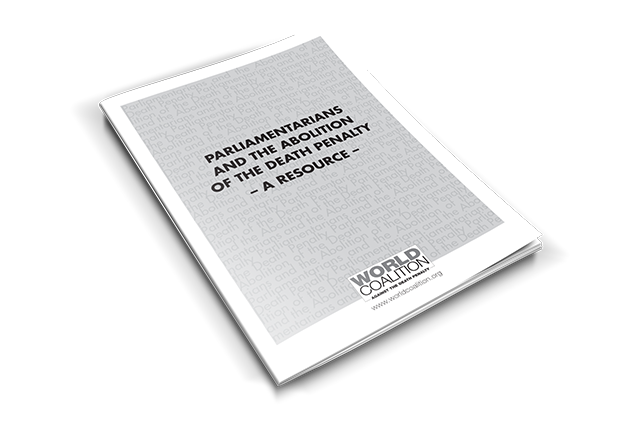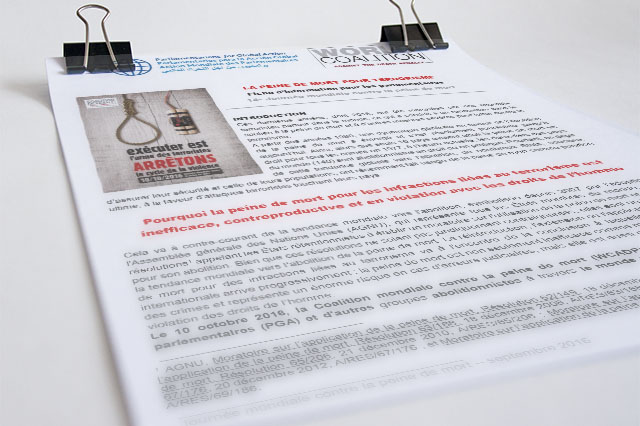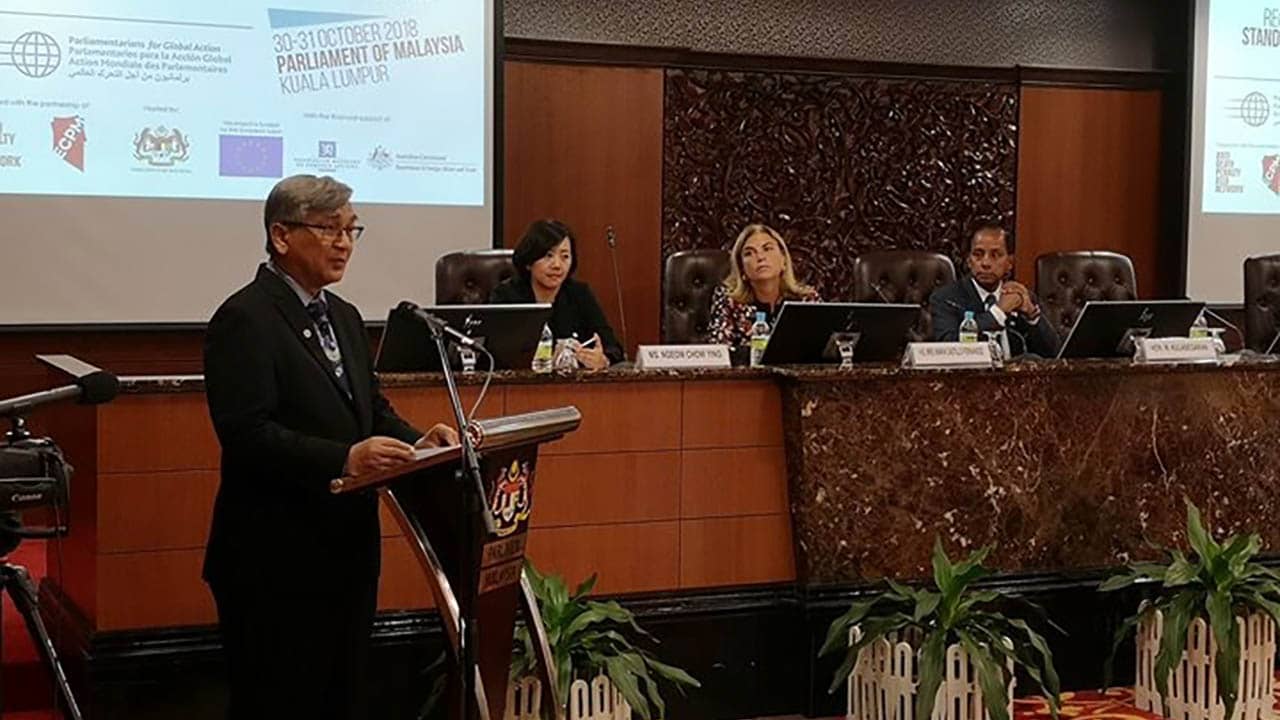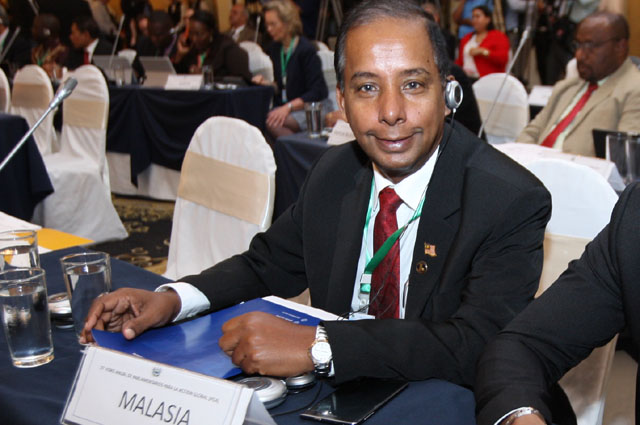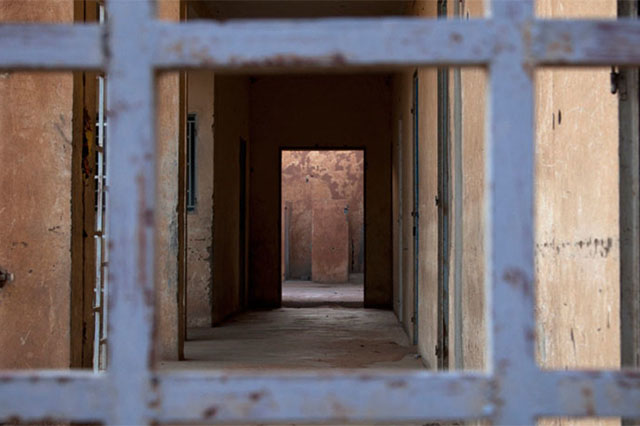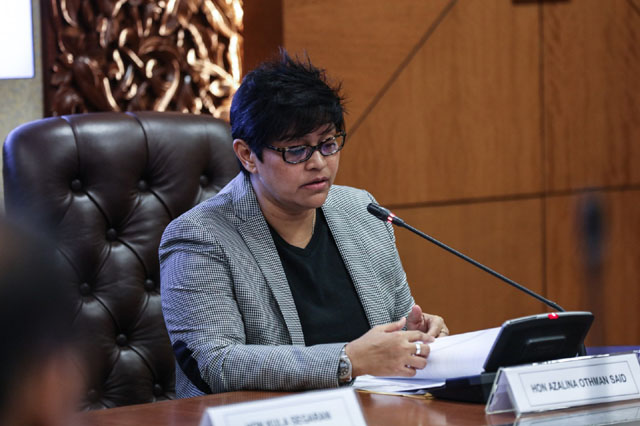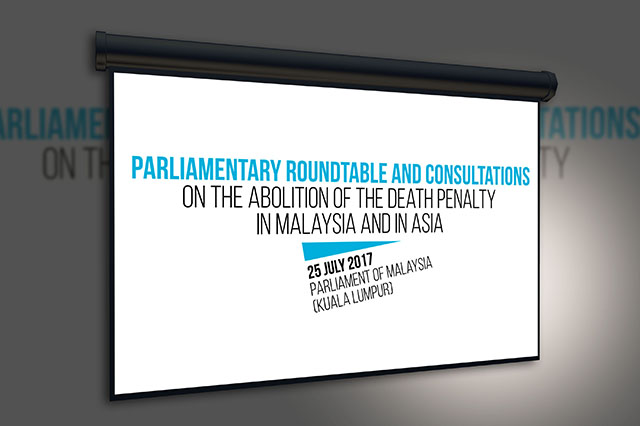Kuala Lumpur/The Hague/New York
On Friday 10 June 2022, Malaysia Law Minister Wan Junaidi Tuanku Jaafar indicated that its Cabinet had agreed to abolish the mandatory use of the capital punishment for serious crimes and replace it by “alternative punishments” applied at the discretion of the courts. The Cabinet decision includes calls for further studies to develop proposals for substitute punishments for 11 offences which carry the mandatory death penalty including for drug-related offences, which make up the majority of death penalty cases.
This announcement, made after a presentation of a report by the Special Committee to Review Alternative Sentences to the Mandatory Death Penalty, demonstrates Malaysia’s openness to commit to the protection and promotion of human rights. While representing a significant step towards the abolition, to turn this momentous statement into effect, PGA calls on the Malaysian government to table the relevant amendments in the Parliament without delay and on the Malaysian legislators to adopt these legislative amendments in a timely manner.
The news has been wholeheartedly welcomed by Hon. Kasthuri Patto, MP (Malaysia), PGA President, in her op-ed:
)
“Abolishing mandatory death sentence: M’sia taking the right step”
I READ with joy yesterday the official statement by Minister in Prime Minister’s Department (Law and Parliamentary Affairs) Datuk Sri Wan Junaidi on the Government’s decision to abolish the mandatory death penalty.
The campaign to abolish capital punishment has been something I have been championing for nine years now – since I first took oath as MP in 2013. Many lawmakers before me who had and are still fighting for this archaic colonial punishment to be removed from the system will be elated with the decision.
Since 2013, I had put in oral and written questions at the Parliament on the matter, seeking data and statistics including addressing it in my speeches in the August House.
I have also advocated against the death penalty in many domestic and international conferences, roundtable discussions and congresses by local and international partners such as the Parliamentarians for Global Action (PGA), Anti-Death Penalty Asia Network (ADPAN), Amnesty International (AI), the National Human Rights Commission (SUHAKAM), Suara Rakyat Malaysia (SUARAM), Lawyers for Liberty, the Malaysian Bar Council and many others.
I am glad that the discretion and authority on punishment is returned to the judges. I am confident that many judges had no choice but to act against their conscience because existing laws bind their hands from making a different decision otherwise.
In his statement yesterday, Wan Junaidi stated that the Government was also studying on improving the criminal justice system, for example, in creating a “pre-sentencing procedure”, the setting up of a sentencing council, a law commission, sentencing guidelines, prison reform and the focus on restorative justice.
I welcome these proposals and also suggest that we explore the idea of rehabilitative justice too.
In Malaysia there are 33 offences that carry the death penalty and 11 of them warrant the mandatory death penalty, of which nine are from the Penal Code and two from the Firearms Act.
According to my Parliamentary question on March 10th 2022, there are 1,341 men and women on death row in Malaysia, of which 835 or 62.3% are Malaysians and 506 foreigners – although there is some recent information that states the number is over 1,800 at this point. Over 80% of them come from the B40 category, are marginalised and belong to minority groups.
There are, of course, many questions on the death penalty now after the announcement. We want to know when will the amendments be tabled and will it be retrospective in nature?
I sincerely hope that the amendments will be retrospective for all the men and women who are currently on death row. Tedious as it may be, upholding justice must be the core of this reform and cannot be compromised at any cost.
Unpopular yet humane
No criminal justice system is perfect. No one can guarantee there will be no miscarriage of justice in a case.
No single Parliament has ever received overwhelming majority and support to abolish the death penalty and yet with conviction, courage and political will, it was done.
In 2018, the late Datuk VK Liew announced that the Pakatan Harapan Government was moving to abolish the death penalty in Malaysia. This was not accepted by some who are in the administration today.
It then led to the then-leadership to form a Special Committee on Substitute Sentences for the Mandatory Death Penalty lead by former Chief Justice Tun Richard Malanjum and others. The report was tabled and studied by the Legal Affairs Bureau in Putrajaya and I believe it had led to the Government’s decision to abolish the mandatory death penalty.
Make no mistake about it, the death penalty still remains in the system and I hope one day, Malaysia will follow the footsteps of other countries to see a total abolition of the death penalty.
The death penalty has always been a subject that many Governments and establishments avoid discussing because there is a very strong emotional argument for it – and it must be taken into consideration as well.
At the end of the day, we must ask ourselves, is the death penalty applied equally for all, regardless of power, privilege and position?
The definite answer is a clear no. The privileged and well-connected always seem to get away with crimes committed which otherwise when applied on a layman, might be punishable by death.
And I refuse to support and be a part of a system that applies laws unjustly on her people and stand on the side of the minority, marginalised and the voiceless.
The Malaysian Government must invest more in fighting crime and strengthening the criminal justice system instead of ending lives.
The decision to abolish the mandatory death penalty is certainly a positive step in the right direction not only in the region but also in the world, where there is a rise of impunity, injustice, extrajudicial killings, enforced disappearances, violations of freedom of religion and belief, crimes against humanity and the erosion of accountability, integrity and transparency in global leaderships.
As a member of the UN Human Rights Council, Malaysia has risen above herself to do what is right even though it is a road less travelled.

